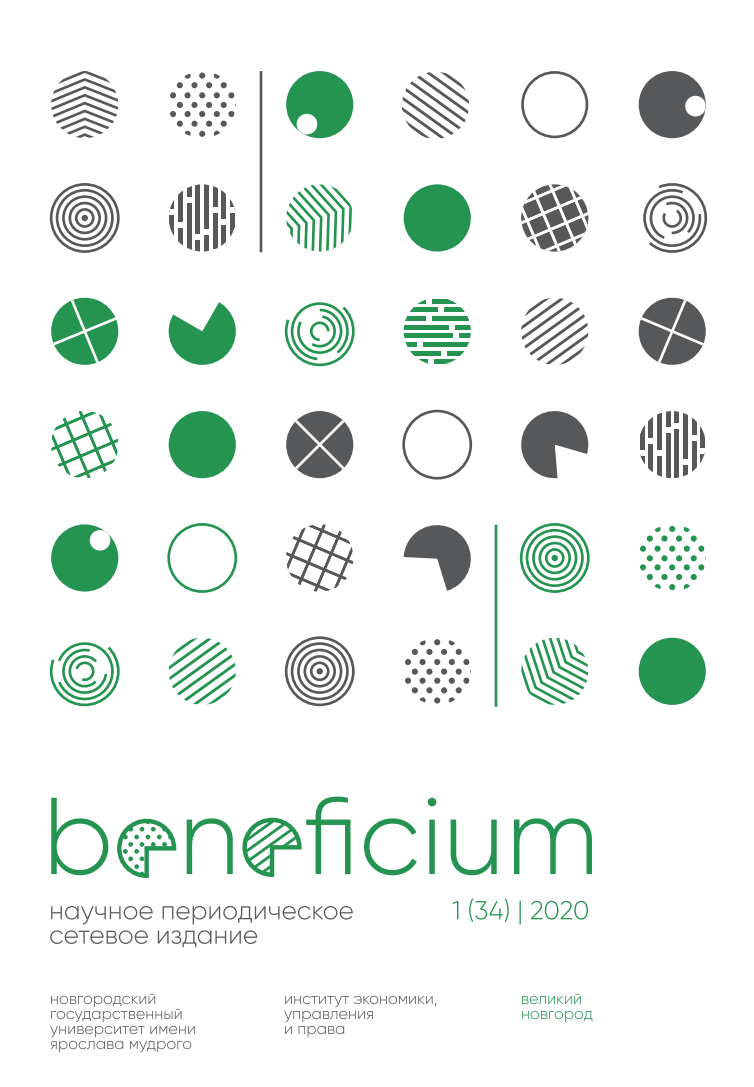PROSPECTS FOR THE INTRODUCTION OF THE INSTITUTE OF JUDICIAL CONCILIATION IN THE RUSSIAN PROCEDURE LEGISLATION
Abstract
The article is devoted to a new institution of procedural legislation – judicial reconciliation. The authors studied the status of the judicial mediator, the regulatory framework based on which he is involved in the civil case process, as well as the similarities and differences in the functions of the judicial mediator and mediator. The possibility of sharing these conciliation procedures at the pre-trial stage and when considering a dispute in court is not ruled out. The authors conclude that there are no sufficient procedural incentives for the parties to the conflict to encourage them to use conciliation procedures in civil proceedings. Taking into account the opinion of the current judges, options are being considered for securing in the procedural legislation the rules on mandatory participation in conciliation procedures for certain categories of disputes. The article also analyzes the prospects for the use of judicial reconciliation in Russian courts, and, taking into account the opinions of practicing lawyers, identifies the strengths and weaknesses of the legislative novel, suggests ways to improve the institution of judicial reconciliation for more intensive use in judicial practice. Particular attention is paid to the qualifications and professional requirements of future judicial mediators. The authors argue that only the gratuitous procedure for the disputing parties and the status of a retired judge will not guarantee the success of the judicial reconciliation procedure if the mediator does not have the skills to build dialogue, negotiate and resolve conflicts. It is proposed, by analogy with the requirements that mediators must meet, to provide training for judicial mediators in the practical skills programs of the negotiation process, mediation and reconciliation, legal conflictology and psychology.
Keywords: alternative methods of dispute resolution; mediator; mediation; judicial reconciliation; judicial mediator; retired judge.
References
Borisova E.A. Russian mediation procedure: the concept of development // Moscow University Law Bulletin. 2011. No. 5. pp. 18-30. (In Russ.).
Lisitsyn V.V. Judge Assistant – a Judicial Conciliator?!? // Court’s Administrator. 2016. No. 1. pp. 16-20. (In Russ.).
Senene F.X. Judicial conciliation and mediation as mechanisms for peaceful settlement of disputes in the modern civil process: common and distinctive features // Proceedings of Voronezh State University. Series: Law. 2017. No. 2 (29). pp. 109-114. (In Russ.).
Shaforostova K.I. Mediation and judicial reconciliation: common features, differences, perspectives // Nauchno-metodicheskii elektronnyi zhurnal Kontsept [Research Electronic Journal Concept]. 2018. No. 5 pp. 123-129. (In Russ.). Available at: http://e-koncept.ru/2018/183028.htm (accessed 03.03.2020).
Smith C.R. Mediation: The Process and the Issues. Kingston: Industrial Relations Centre, 1998. 14 p.
Authors
Yuriy V. Lisitsyn – Student in the Master’s programme, Yaroslav-the-Wise Novgorod State University, Veliky Novgorod, Russia. E-mail: s227507@std.novsu.ru.
Marina S. Trofimova – PhD in Law, Docent; Head of the Department of Civil Law and Procedure, Yaroslav-the-Wise Novgorod State University, Veliky Novgorod, Russia. E-mail: Marina.Trofimova@novsu.ru. SPIN РИНЦ 7065-1903.
For citation:
Lisitsyn Yu.V., Trofimova M.S. Prospects for the Introduction of the Institute of Judicial Conciliation in the Russian Procedure Legislation // BENEFICIUM. 2020. No. 1 (34). pp. 95-102. (In Russ.). DOI: 10.34680/BENEFICIUM.2020.1(34).95-102.









